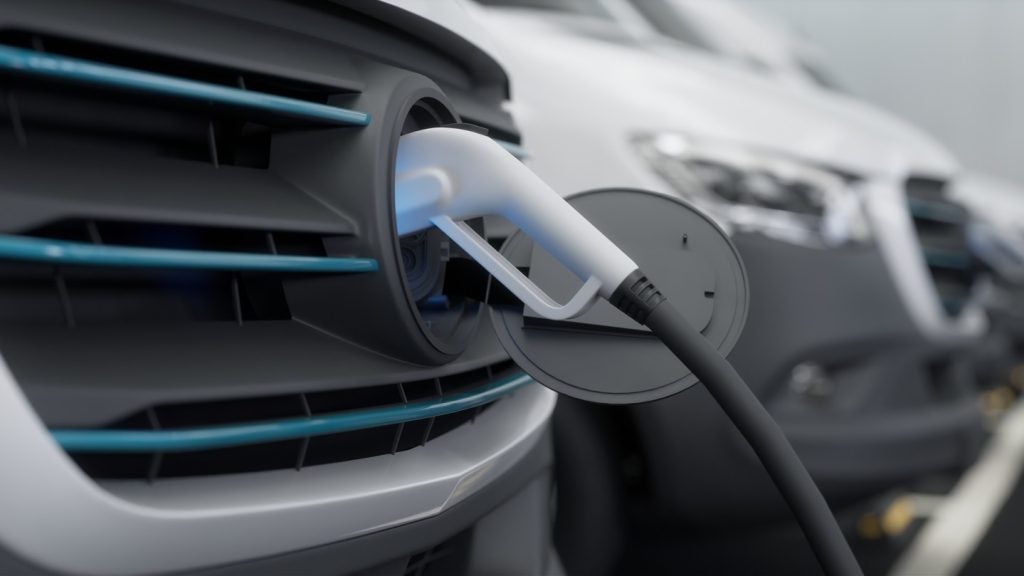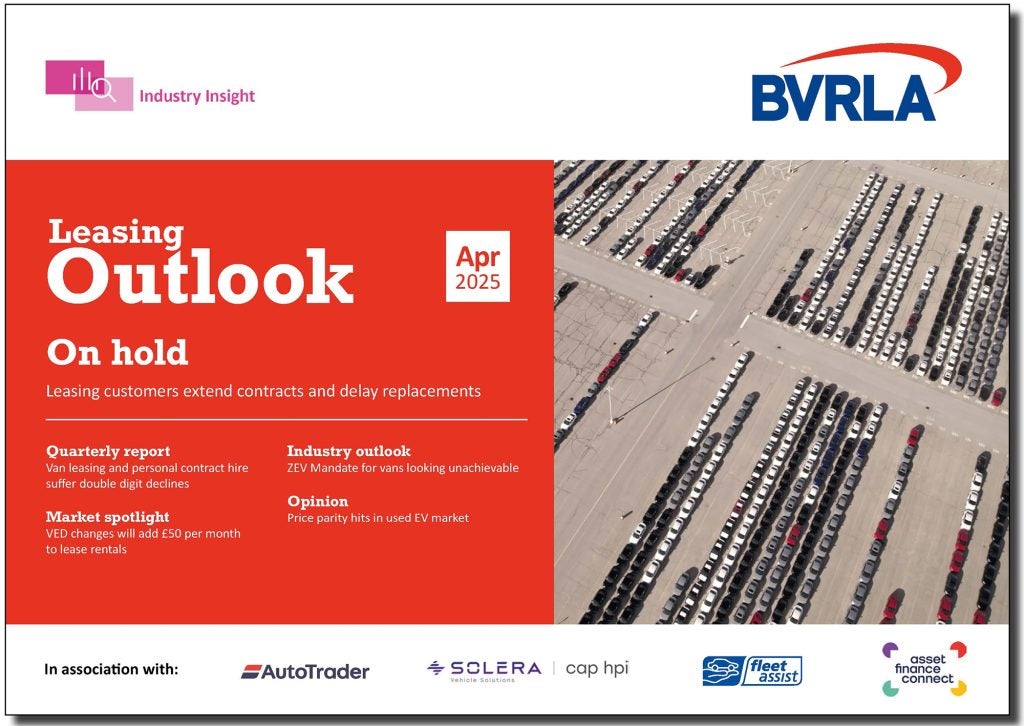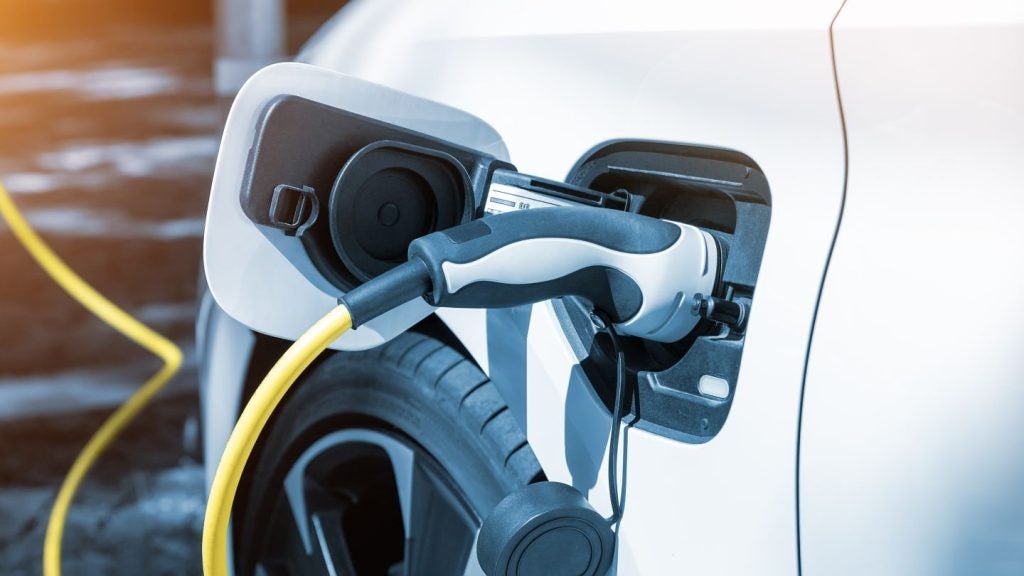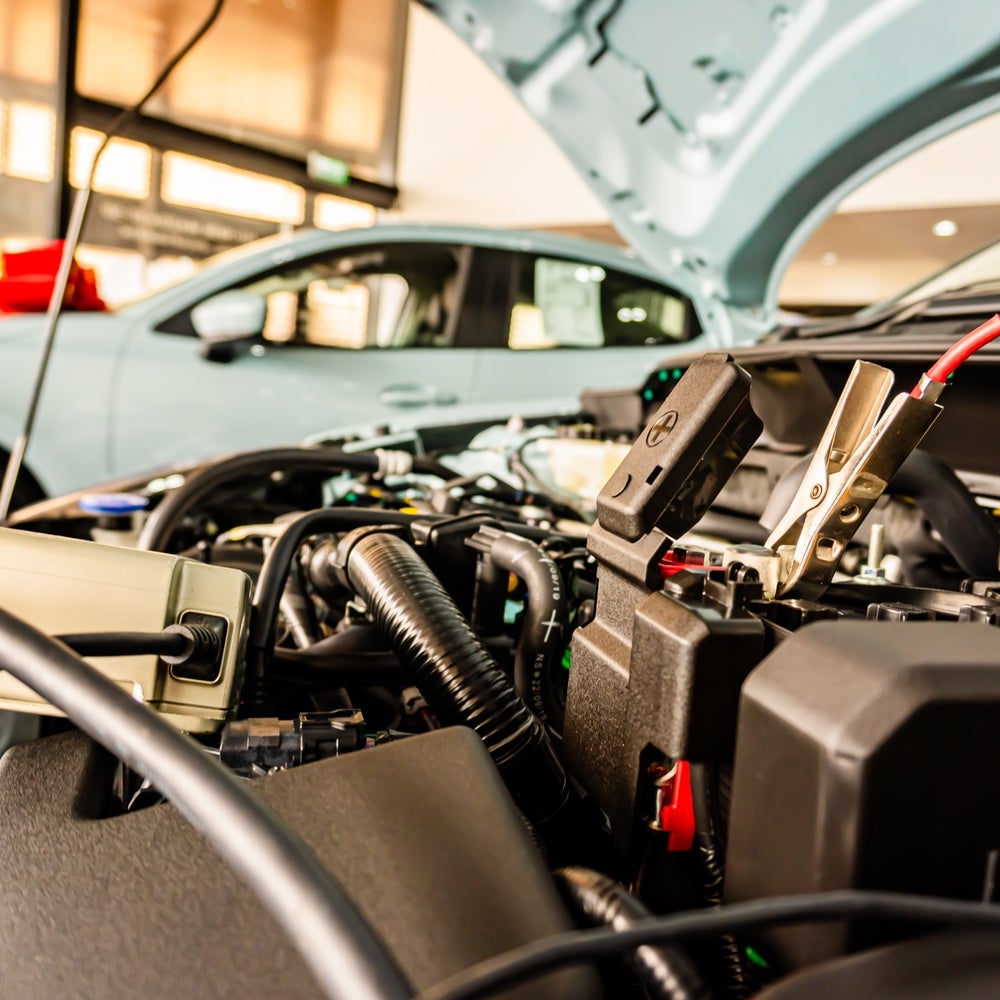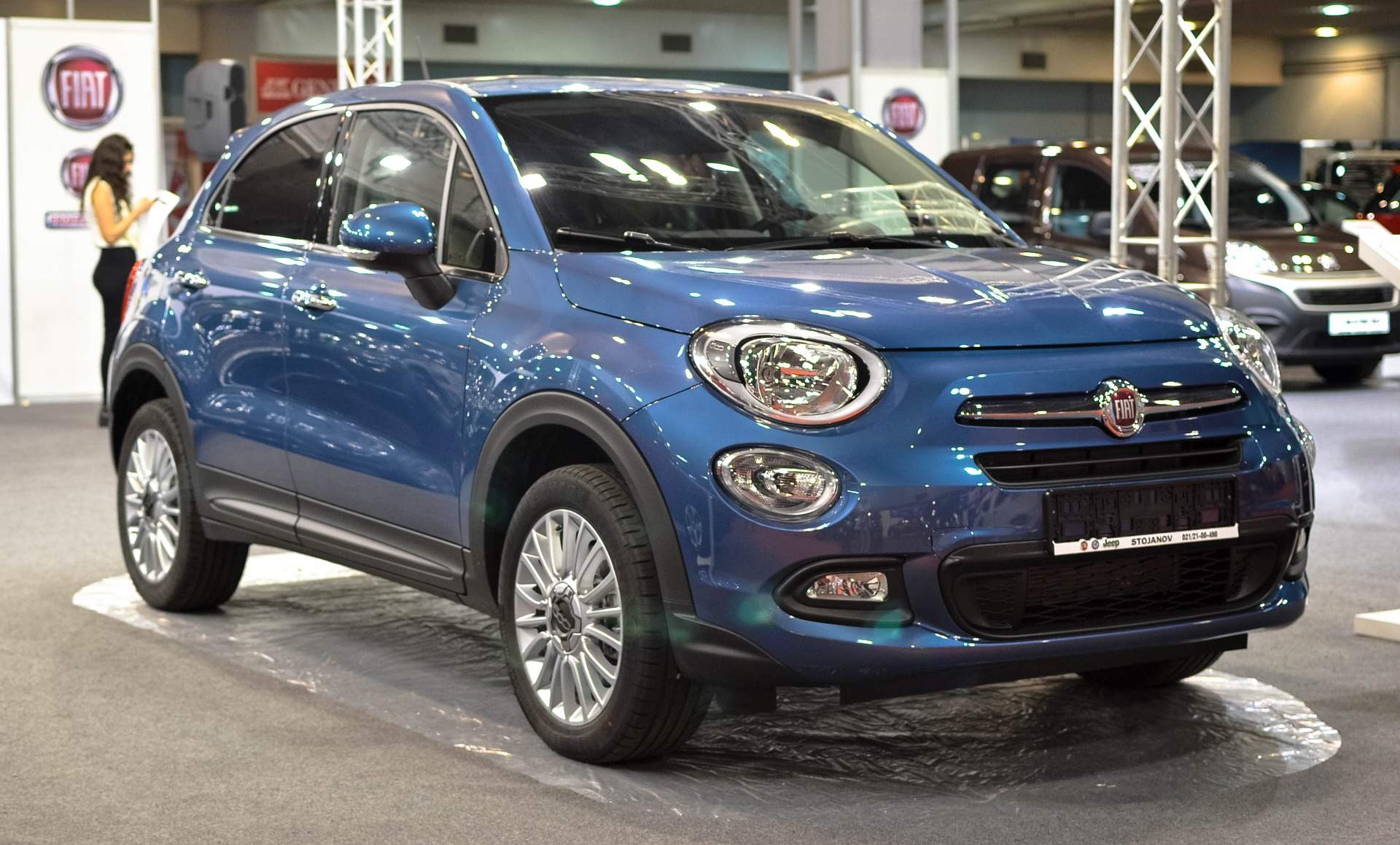
Nine days after news appeared of Fiat Chrysler Automobile’s intentions of merging with Renault in one of the largest deals ever for the automotive industry, Fiat Chrysler had pulled out.
Renault’s shares had spiked with the idea of a €32.6bn (£28.3bn) deal and plummeted with their collapse. The Italian-American company that was already a result of a significant merger under the guidance of the late Sergio Marchionne would not be able to add a third string to its bow.

FCA and Renault: Pros and cons of the merger
The advantages worked in both directions. While Fiat Chrysler has a significant presence in the US market compared to Renault, through the deal they would also have been able to utilize Renault’s electric vehicle adoption (most notably through the Renault Zoe, the top selling electric car in Europe).
Under the conditions of the proposal, Renault would have been able to continue its alliance with Nissan and Mitsubishi, potentially as a further cost-saving measure to the approximate amount of €1bn a year.
One area of the industry that showed little surprise with the news that the FCA merger had fallen apart was Nissan, which had previously attempted a merger with Renault when the two automotive manufacturers were united under Group CEO Carlos Ghosn, who was outed last year over a scandal that related to an allegation of false declaration of earnings.
The failure of this Nissan merger was for much the same reasons as the FCA deal with Renault fell apart; caution by the French government, which has a 15% stake in Renault. After a six hour Renault board meeting no final decision was reached, with government officials among those pushing for the delay that caused FCA to pull out entirely. Understandably, the collapse of a deal of this size has had political fallout:
Fiat withdrawing its offer for Renault is a terrible blow to Macron’s creds as business-friendly president. An unmitigated reputationnal disaster for the French government in general, and finance minister Bruno Le Maire in particular. 1/ #Fiat #Renault
— Pierre Briançon (@pierrebri) June 6, 2019
Global impact
The combined business would have been 50% owned by Fiat shareholders and 50% by Renault stockholders. The merger would have also created the third largest car manufacturer in the world, behind Volkswagen and Toyota.
Now as it stands Renault’s myriad of issues following Ghosn’s ouster only deepen as the Renault-Nissan-Mitsubishi alliance starts to drift apart without its unifying figure.
The global market should expect to see more mergers, and attempts to do so, between automotive giants. There are theories that the globe is close to reaching ‘peak car’, and rather than be able to appeal to new customers manufacturers will only be able to take market share from each other moving forward.
The massive shift towards electric vehicle manufacturing has also caused great upheaval to traditional OEMs (Original Engine Manufacturers), who are facing competition from new entrants focusing on electric vehicles such as Tesla and Chinese companies such as Chery and Geely.
Fiat Chrysler merger analysis: Conclusion
There is an understandable nationalist desire for France to keep a hold on its number one car manufacturer. A French government may not want to see Renault in a similar position as the UK’s Jaguar Land Rover, a quintessentially British brand owned by an Indian company in Tata and facing a perilous fight for its existence and very identity.
In addition, FCA have acted quickly in pulling the deal, raising questions of how serious they were about the long game of this merger. It may have been more of an exploration of the possibilities than the serious push it was made out as, seeing as the actions of Renault and the French government may have been frustrating if not especially surprising.



